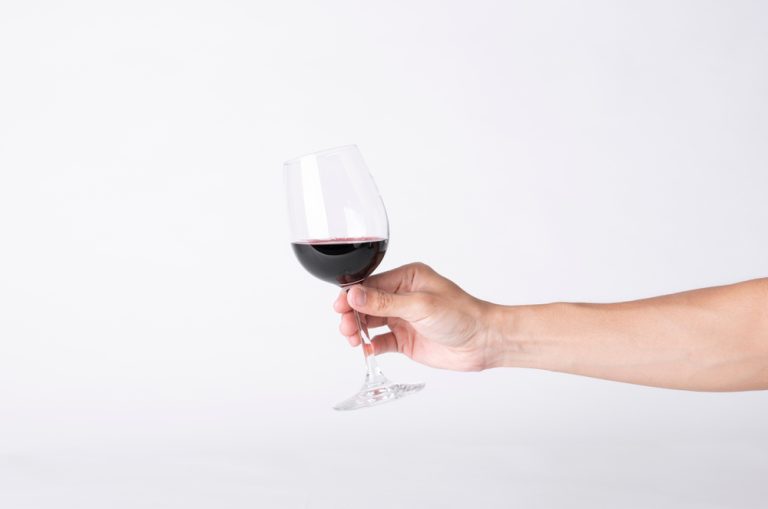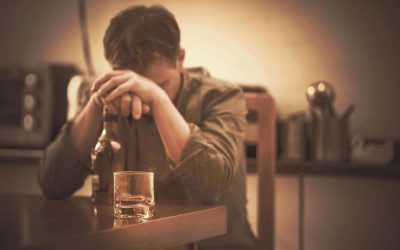While each of my expensive treatments had to be pre-authorized and my doctors had to continually prove «medical necessity,» I got what I needed without a fight. Michael J. Rounds is the author of 10,000 Days Sober and an addiction recovery specialist at a correctional facility https://www.divi.ru/tv/lcd/32_toshiba_32wl58r.shtml in Indiana. If you prefer, you could write in your journal first thing in the morning upon awakening, discussing your intention to have a good day. Doing this helps you to intentionally start your day on a positive note and can easily set the tone for your entire day.
Support for Me and My Family
Rather than getting twisted up because we are struggling and uncertain, if we hang in there and remain mindfully accepting, open to possibility, and patient—the mud will settle and the water (and how to best proceed) will again become clear. Neuroscientist Adi Jaffe, Ph.D., who himself recovered from addiction, outlines five steps. • Identity—shifting towards a new, positive view of oneself, one more aligned with one’s deeper values and goals, one built on self-confidence gained by acquiring new skills and new behaviors. Planning in advance a way out of high-risk situations—whether an event, a place, or a person—helps support intentions in the face of triggers to use. One of the reasons that rats are routinely used in psychological experiments is that they are social creatures in many of the same ways that humans are social creatures.
How do the best treatment programs help patients recover from addiction?
This is a critical period to determine the severity of the addiction and what next steps are needed to promote recovery. Stopping drug use is just one part of a long and complex recovery process. When https://mgodeloros.ru/stati/pohmele-pohozhe-ne-silno-vlijaet-na-vremja-do.html people enter treatment, addiction has often caused serious consequences in their lives, possibly disrupting their health and how they function in their family lives, at work, and in the community.
- Identify other factors in your life—relationships, work—that can help take the focus off addictive behaviors.
- It’s about the way your body craves a substance or behavior, especially if it causes a compulsive or obsessive pursuit of “reward” and lack of concern over consequences.
- It may include rediscovering a work or social role, finding new recreational interests, or developing a new sense of spiritual connection.
- Some of the most helpful strategies for dealing with cravings are summarized in the acronym DEADS.
- A combination of medications and therapeutic measures should be employed by highly trained medical, mental health, and addiction treatment professionals.
Addiction and Mental Health Resources
My cancers were identified, analyzed, staged, and a team of doctors designed an evidence-based treatment plan that commenced as soon as I consented. Design, Setting, and Participants This study was a randomized clinical trial conducted from August 2020 to June 2022. Participants receiving MT for OUD and experiencing chronic pain were recruited at 5 clinics in New Jersey. Importance Methadone treatment (MT) fails to address the emotion dysregulation, pain, and reward processing deficits that often drive opioid use disorder (OUD).


For the addicted, earned security is a very important concept. You can take an addicted rat and toss him into the rat park and he will quickly and easily assimilate, pushing his addiction to the curb in favor of healthier rat connections and activities. With the addicted, there is further work to be done, and part of that work nearly always involves overcoming the lack https://r2b.ru/stati/pervoe-prjamoe-dokazatelstvo-togo-chto-reakcija.html of trust and connection created in childhood. If children have that, they tend to be happy in childhood and well-adjusted (emotionally healthy) later in life. Conclusions and Relevance This randomized clinical trial demonstrated that telehealth MORE was a feasible adjunct to MT with significant effects on drug use, pain, depression, treatment retention, and adherence.
A foundational principle of mutual-aid groups is that being of service to others is an important vehicle through which people help themselves. To paraphrase Ram Dass, I work on myself to help others, and I help others to work on myself. Other research pinpoints the values of cognitive behavioral therapy for relapse prevention, as it helps people change negative thinking patterns and develop good coping skills. Recovery from addiction is not a linear process, and increasingly, relapse is seen as an opportunity for learning. Studies show that those who detour back to substance use are responding to drug-related cues in their surroundings—perhaps seeing a hypodermic needle or a whiskey bottle or a person or a place where they once obtained or used drugs. Such triggers are especially potent in the first 90 days of recovery, when most relapse occurs, before the brain has had time to relearn to respond to other rewards and rewire itself to do so.
- In other words, potentially addictive substances make us feel good, and because we like to feel good, we tend to go back for more.
- Most of those folks didn’t think they had a problem, but others faced barriers to care or were reluctant to seek help.
- We know for certain that once ingested these substances trigger the release of dopamine and several other pleasure-related neurochemicals into the brain.
- To stop codependency and enabling, you have to allow them to confront and manage the consequences of their addiction, even though it may feel unnatural, unloving or mean.
What are the stages?
- Structure and consistency are crucial in early sobriety, but as you begin to feel a sense of stability, you may want to be supported by others who are understanding.
- The promises and the rewards of sobriety will grow and deepen your recovery, and you will pursue it as passionately as you once pursued drugs and alcohol.
- Rather than getting twisted up because we are struggling and uncertain, if we hang in there and remain mindfully accepting, open to possibility, and patient—the mud will settle and the water (and how to best proceed) will again become clear.
- After being in place for a while they may not work so well, and we need to seek out new pieces or a different configuration that fits and works better for us.
- After all, everyone has things that worsen cravings—stress, bad memories, even certain places.
Addiction is a disease that robs the mind of its control to regulate function without the presence of a substance. Addiction is formidable because it not only affects the person using it but those around them. Despite the variety of addictive substances and behaviors, it’s the slippery slope of repetitive behaviors that grip even the strongest amongst us. According to the National Center of Drug Abuse Statistics, accidental overdose is the leading cause of death in individuals under the age of 45. There are companies large and small that have recovery-friendly hiring practices.
My Loved One Needs Help
We are involved with other people, but we do not control them. We realistically cannot stop people from drinking alcohol or using drugs. After all, enablers want to help their loved one, too, and codependency might feel like healthy support.
